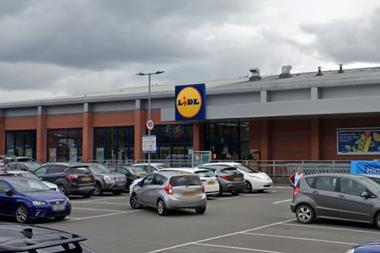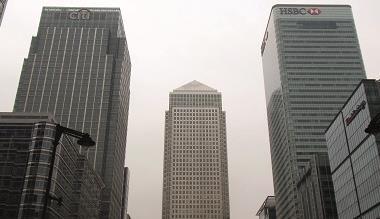As always, Mipim was a hive of activity and the novelty of in-person events hasn’t worn off post-pandemic, so there was a great energy about the place. It was encouraging to hear so much support and enthusiasm for business improvement districts (BIDs) and the effectiveness of partnerships in driving investment.

There was also a high level of confidence and support for London. The consensus is that, provided there is more political certainty, the capital is ideally positioned for investment. As the UK’s only global city, London continues to play a pivotal role in the national economy and its cultural appeal is firmly established around the world.
However, it remains a challenging environment. The cost-of-living crisis and changing working patterns continue to impact how people interact with the city, and a shrinking UK economy adds to the uncertainty for potential investors.
This hesitance is evident across the capital, with the number of empty storefronts increasing each week and museums struggling to regain visitors – the National Gallery recorded more than three million fewer visitors last year than in 2019.
As the world grapples with a post-pandemic reality, now is the time to rethink what the capital’s future looks like, using its pulling power to spearhead the UK’s economic recovery and maintain London’s place as a global destination.
The transformation of public realm will be crucial in how we interact with cities. Research shows that making London’s streets more attractive and accessible can lead to a 93% increase in people walking. The environmental benefits are huge, and it would also have a positive impact on high streets, potentially leading to renewed retail space associated with greater footfall.
The pedestrianisation of the Strand Aldwych area has transformed one of the capital’s most congested and polluted streets into a place that feels welcoming, breathable and buzzing with activity.
Further actions and improvements would enhance this footfall. For example, restoring VAT-free shopping would attract overseas visitors. Its abolition led to tourists from the US, China, and the Gulf opting for Paris or Milan instead, where tax breaks continue to offer savings for international shoppers.
Public transport is vital to London’s connectivity, but a third of Londoners recently cited the cost as a factor discouraging them from using it. The network also needs modernisation. The Elizabeth Line is a massive success, accounting for one-sixth of all UK rail journeys since launch and underlining the untapped potential of investment in the city’s transport.
Unfortunately, the spring Budget left several key transport projects in a state of uncertainty, including Crossrail 2 and the Bakerloo Line extension. Investment in the network is vital to maintain London’s status as a leading global hub for residents, visitors and workers.
The enthusiasm and support for London and BIDs at Mipim was hugely refreshing. If we can build a partnership model to secure support for major schemes from key parties early on, the finance and investment is ready to flow into the capital.
Ruth Duston, chief executive of South Westminster Business Alliance, Victoria and Victoria Westminster and Northbanks Business Improvement Districts and owner of Primera Corporation





























No comments yet